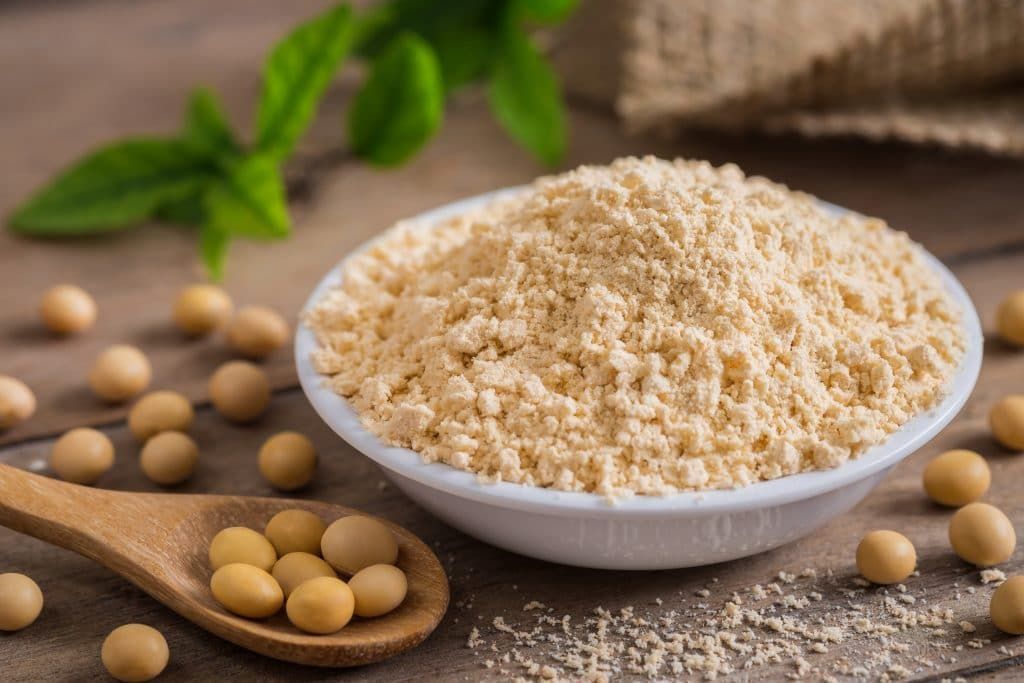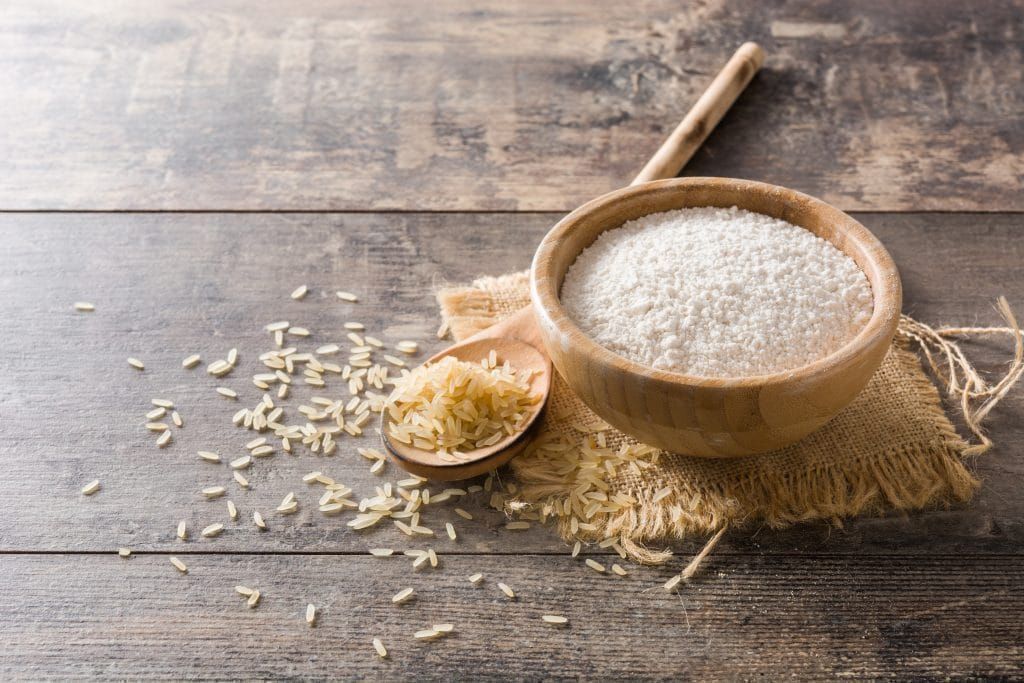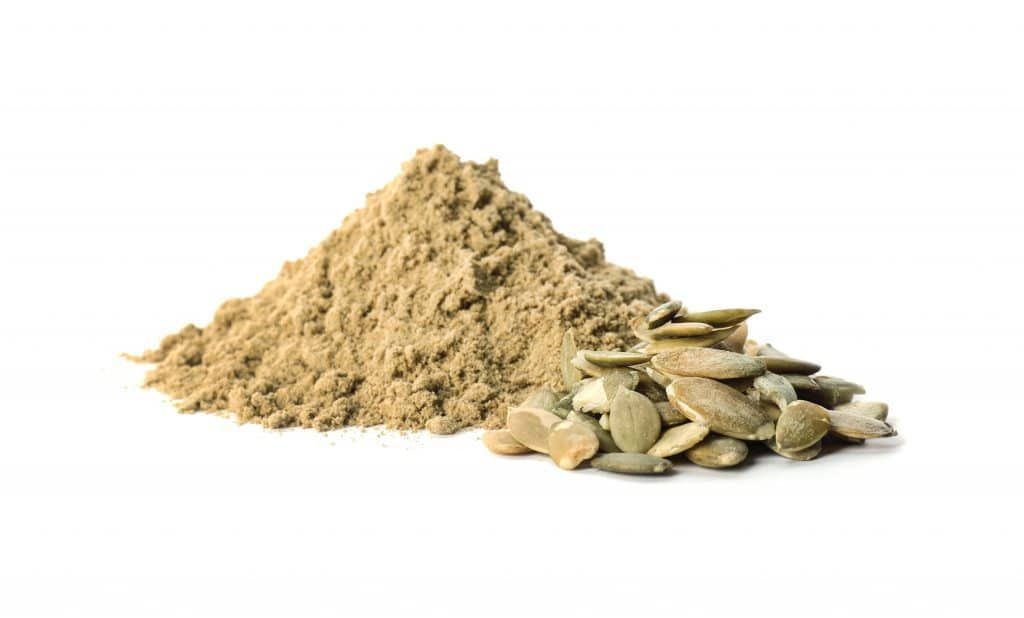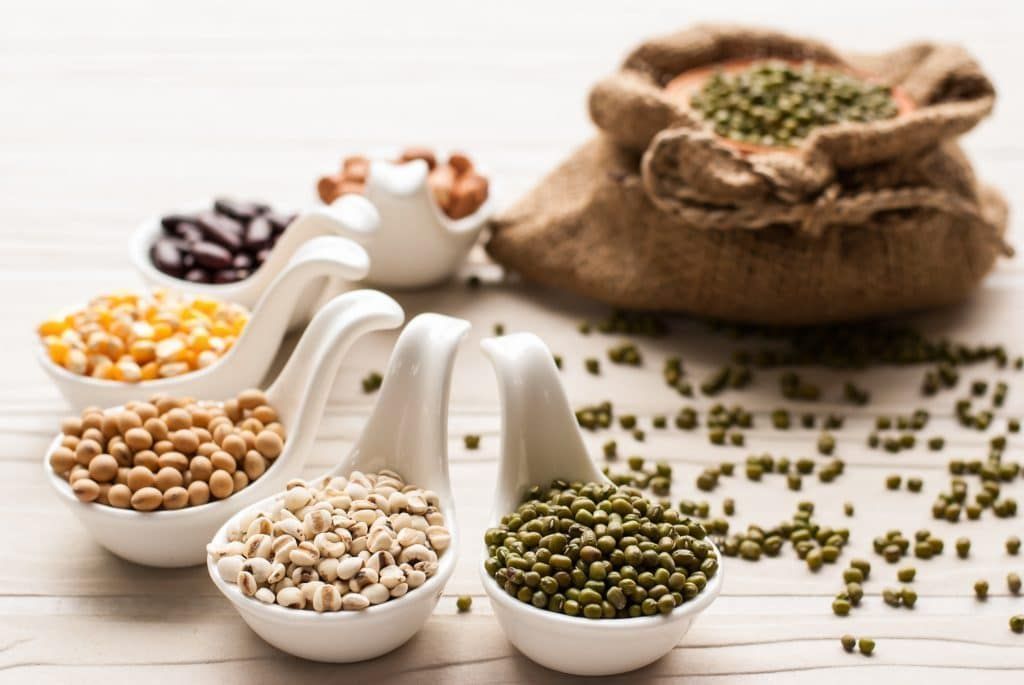Consuming plant proteins how to choose them
Consuming vegetable proteins: how to choose them ?
A healthy and balanced diet should contain proteins, but not necessarily animal proteins. In fact, there are also so-called vegetable proteins, which can be used as substitutes. Nevertheless, depending on the source, the intake of vegetable protein This means that you have to know how to make the right choices, so that you can eat the right foods’it does not’there are no long-term deficiencies.
Qu’is that’a vegetable protein ?
First of all, you should know that proteins are molecules that the body needs for several important functions, including the development and maintenance of muscles. Moreover, it is thanks to these molecules that we have the ability to regulate hunger. Protein is found in large quantities in meat, dairy products and eggs.
These are animal proteins.
On the other hand, there are also so-called vegetable proteins, because of their origin. Indeed, this kind of protein is derived from a plant-based food, which can be a plant, a fruit, etc. This is information that should delight vegetarians and vegans.
What are their benefits ?
Very often, the vegetable proteins come from plants that contain a lot of nutrients by their very nature. Thus, by consuming a food of plant origin with a high protein content, we also consume fiber and antioxidants. All this is very good for your health, since cholesterol and bad fat are thus reduced.
According to studies, people who have adopted the vegetarian diet have less chance of developing certain diseases:
- Risk of type 2 diabetes reduced by 62
- Risk of cancer reduced by 20
- Risk of heart disease reduced by 32%.
Preferring these molecules to animal proteins can also be considered an ecological act. It has been found that producing meat requires 35% more water than for crops. In fact, one of the causes of climate change is attributed to greenhouse gas emissions from animal husbandry.
14.5% of the CO2 that the world’s meat production produces every day. Plant proteins are therefore very important.
Another significant advantage for those who consume plant proteins is the cost. In fact, products from agriculture are much cheaper than products from animal husbandry. In other words, meat is much more expensive than legumes, fruits and grains.
So there is a real saving to be made.
Are there any disadvantages ?
If there is one thing we could do reproach to the vegetable proteins, It is perhaps the fact that they do not have a high content of amino acids. Foods such as cereals contain almost no lysine, a substance that is absolutely necessary for the joints.
Also, legumes are deficient in methionine, an essential substance for the synthesis of proteins, promoting the proper functioning of the body.
What are the different types of plant proteins? ?
There are several types of plant proteins. Some are contained in cereals, others in legumes, or in fruits. However, the protein content varies from one food to another.
Pea protein
It should be noted that pea protein does not refer to green peas, but rather to yellow peas. These are a very large source of vegetable protein, but also of amino acids and nutrients.
The pea protein is perfectly suited for athletes and people who work out. Its protein content is about 80 to 85%. Better yet, pea protein is rich in fiber and carbohydrates, not to mention the minerals and numerous vitamins it contains.
Soy protein
A quantity of 100 g of soy, provides about 38 g of protein. Soybeans are therefore a food very rich in protein, and can be used instead of meat, for this quality. Moreover, vegetarian foods now exist soy-based, to replace meat.
Note that soy has other qualities that make it a good substitute for meat. It is its important contribution in iron, which as for the proteins, can equal that of the beef.
As a legume, soy is a great source of fatty acids as well, so it helps fight cholesterol.
Whether in the form of tofu or fermented like tempeh, soy is a great source of protein. This means that the different transformations that this product undergoes do not take away all these proteins.

Rice protein
Among the characteristics of the rice protein, we find several essential amino acids. Derived from brown rice, one of the most consumed foods in the world, but especially in Asia, Africa and South America, rice protein is a substance that promotes digestion.
For a better protein content, you should choose brown rice. In fact, in addition to helping to develop muscles in athletes, the rice protein contains good lipids. It allows the regulation of the cholesterol level in the body, while reducing it.

Hemp protein
Hemp protein is found in powder form, after grinding the seeds. One of the particularities of the hemp protein, comes from the fact that it holds great immune properties, as well as the ability to fight fatigue.
Other benefits of yoga hemp protein, the reason is that it regulates the rate of lactic acid during a physical effort. Also, cardiac hypertrophy and renal function can be improved with this vegetable protein.
Pumpkin protein
As for hemp, it is the pumpkin seeds which are the true source of vegetable protein, and in good quantity. In addition to the general protein benefits of pumpkin seeds, they also have other benefits.
Among other things, these legumes prevent kidney stones and also stimulate the immune system.

How to consume vegetable proteins ?
Despite their high content in certain foods, plant proteins from the same source are not enough. To take full advantage of their virtues, it is advisable to consume them by association. You can choose to consume cereals and dried fruits, or cereals and legumes.
For those who prefer vegan or vegetarian food, it is always possible to make all kinds of mixes, according to the taste of each person. For those who still prefer animal proteins, you can mix plant and animal proteins to obtain a certain balance.
To summarize, you have the possibility to reduce your consumption of animal products, without having to deal with protein deficiencies. All you have to do is turn to plant proteins that are just as beneficial for the functioning of the body.


